Articles About Housing & Homelessness

With community discussion and research ongoing around the problem of a lack of economic mobility in Charlotte, a Sept. 27 public lecture by Matthew Desmond, Pulitzer-winning author of Evicted: Poverty and Profit in the American City, drew such demand that the free public tickets were snapped up in less than 24 hours. Desmond will speak […]
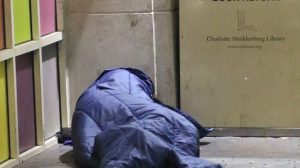
[highlightrule]The annual Point-in-Time Count finds that since 2010, the number of permanent housing beds has increased and overall homelessness has decreased.[/highlightrule] Click image to download PDF version of the report. Even while Mecklenburg County’s population has grown, a yearly count since 2010 has found declining numbers of people who were experiencing homelessness during a one-night […]
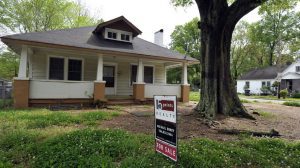
What can the community do to encourage and protect housing that more low-income families can afford? Three upcoming events at UNC Charlotte will look at the many interrelated issues, from development challenges to neighborhood action to innovations. All events are free and open to the public. FRIDAY, MARCH 31 – URBAN COMPLEXITIES: AFFORDABLE HOUSING AND […]

Are Millennials really so different from other generations? When it comes to housing preferences and opinions, the answer seems to be: Yes. And no. A ULI Charlotte survey prepared by the UNC Charlotte Urban Institute that was released Thursday of Charlotte region residents asking about views on housing, transportation and community found some commonalities among […]
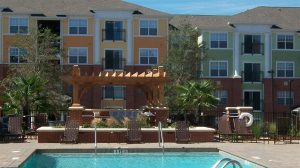
For workers in Mecklenburg County, it has become even harder to afford housing, according to the National Low Income Housing Coalition’s latest Out of Reach report. The 2016 report documents the gap between wages and fair market rents (for standard-quality rental units) in communities across the United States.[i] The fair market rent takes into account […]
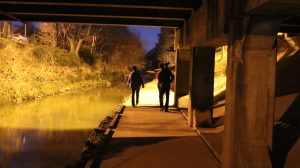
The most recent count of homelessness in Mecklenburg County—undertaken on one night in January— found overall homelessness had decreased by 36 percent since 2010. The same count also found a 9 percent decrease since last year, even as the county’s total population grew. Click on image to download the full report. The findings are outlined […]

For many decades, the complex and difficult challenges of housing low-income Charlotteans have been the source of local studies, public debate, public policy formation and a variety of actions. This short paper is intended to trace the evolution of the challenges in Charlotte and the responses to them, with an eye toward the future for […]
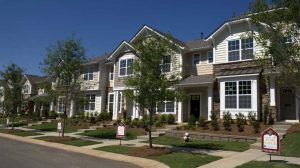
The old planners’ joke is that Americans hate two things for their cities—urban sprawl and high density. The joke, of course, is that developing at low densities, such as one house per acre or half acre, spreads the same amount of housing across more acreage—in other words, sprawl. Higher-density development—typically multifamily—has been a topic of […]
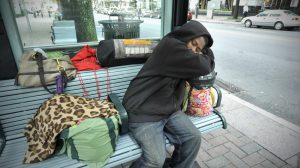
How is Charlotte-Mecklenburg’s homeless population changing? The new Charlotte-Mecklenburg Point in Time Count for 2009-2015 describes who experienced homelessness, both sheltered and unsheltered (living in a place unfit for human habitation) on a given night in Mecklenburg County. This annual count is required by the U.S. Department of Housing and Urban Development. It can help […]

Since the housing crash of 2008, there’s been a lot of talk about Americans downsizing. Some sang the praises of tiny houses. Millennials, some said, are rejecting lawns and large homes for apartments in the city. Some went as far as to predict McMansion-filled suburbs turning to slums. Meanwhile, recently released U.S. Census estimates show, […]
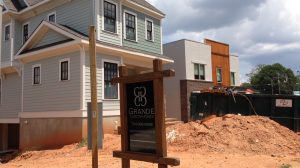
After the approval of a controversial rezoning in one of the city’s oldest historically black neighborhoods this spring, City of Charlotte officials are looking at the changing face of many of the city’s close-in neighborhoods. At a June meeting, members of the City Council’s Housing and Neighborhood Development Committee told city staff to study ways […]
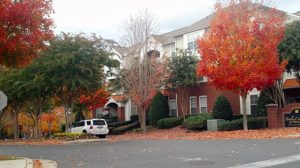
I’ve been in and around the housing field for a long time, and I’ve seen mountains of housing statistics, data and quantitative analysis, everything from vacancy rates to under-construction tallies to eviction research. Often all these numbers, while important, get lost because they are just too voluminous and multifaceted to really comprehend. The average person, […]